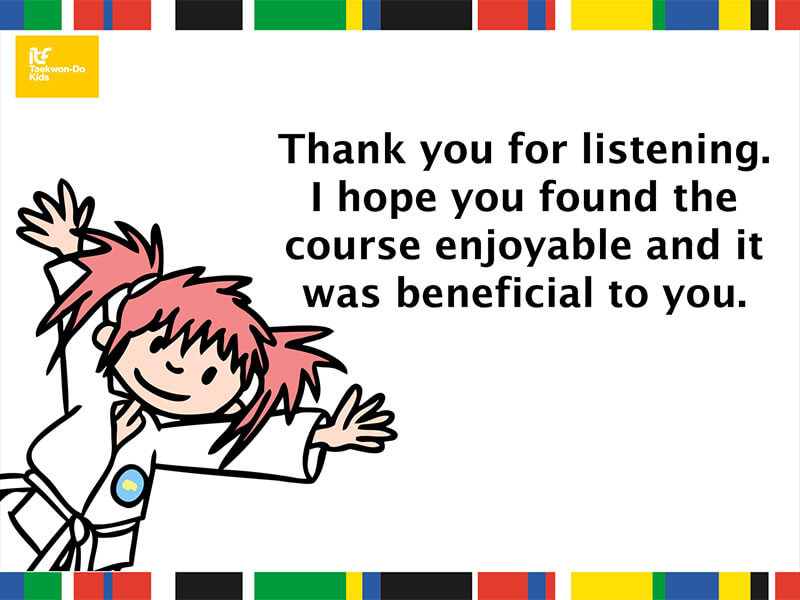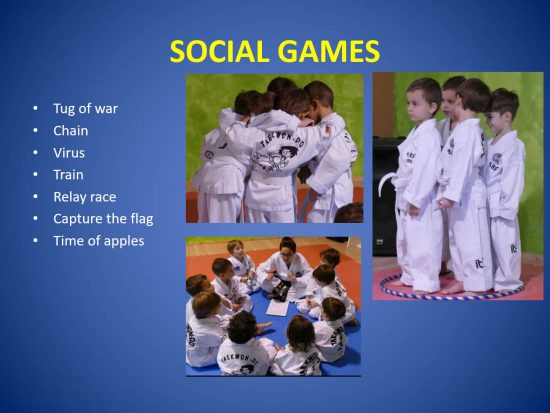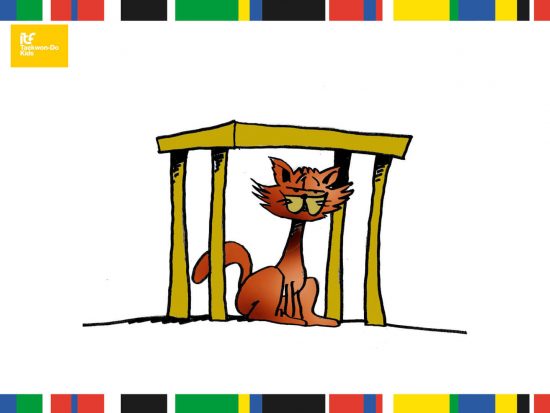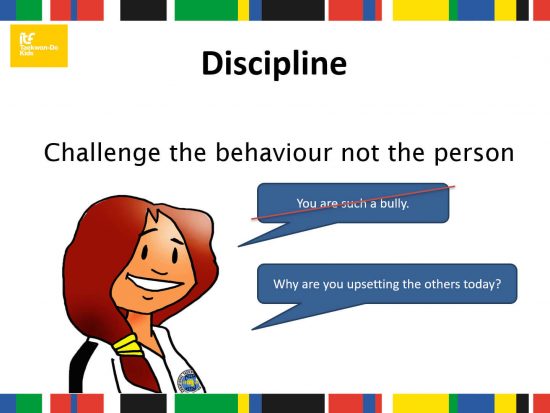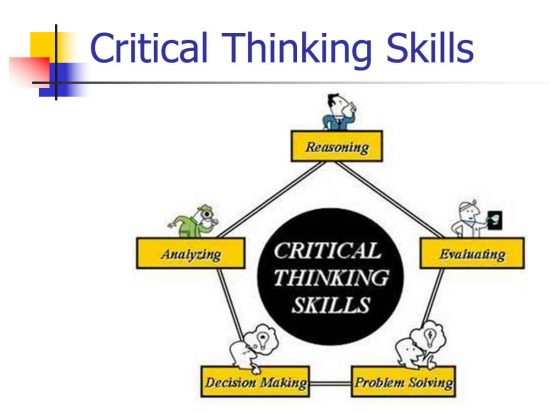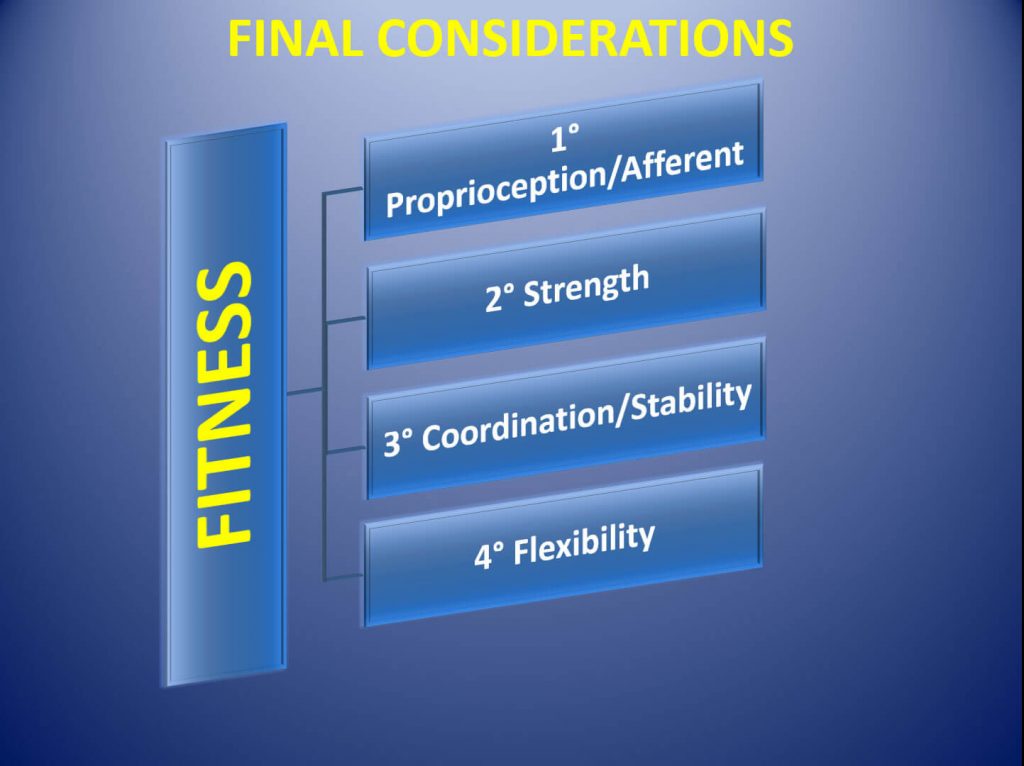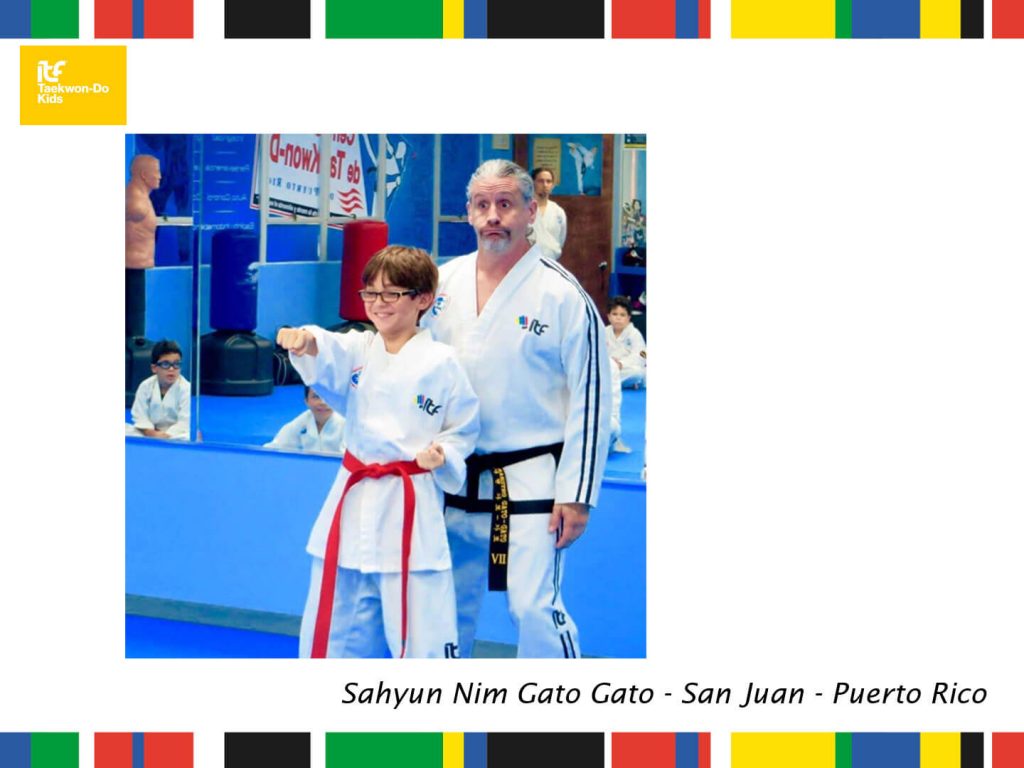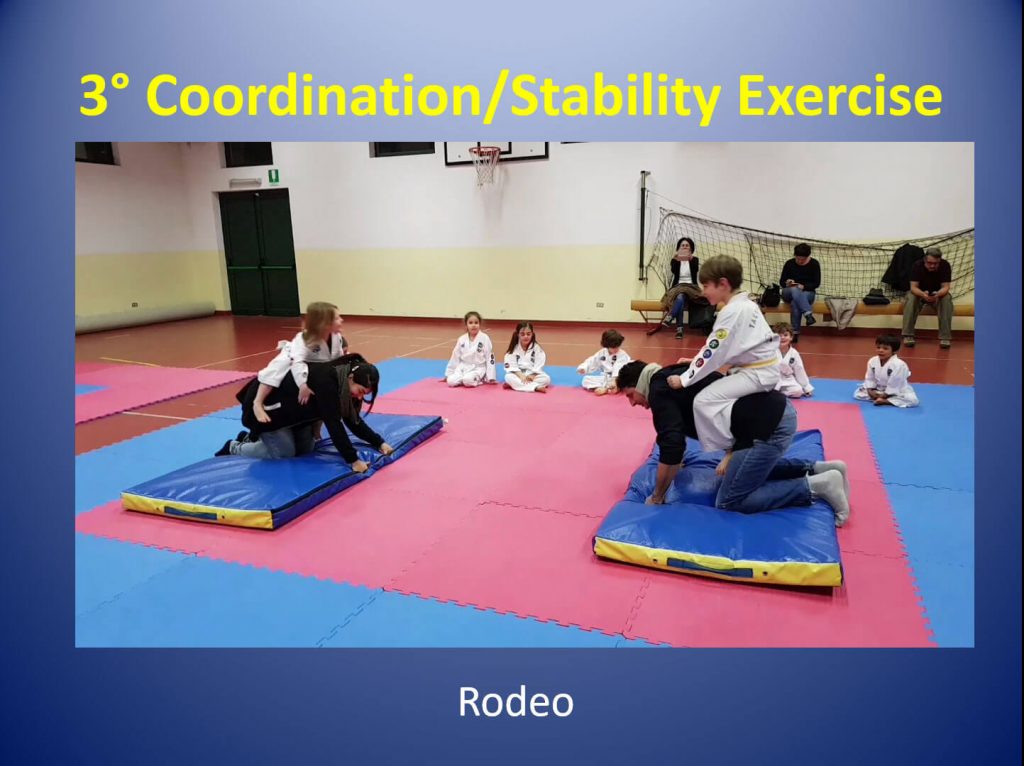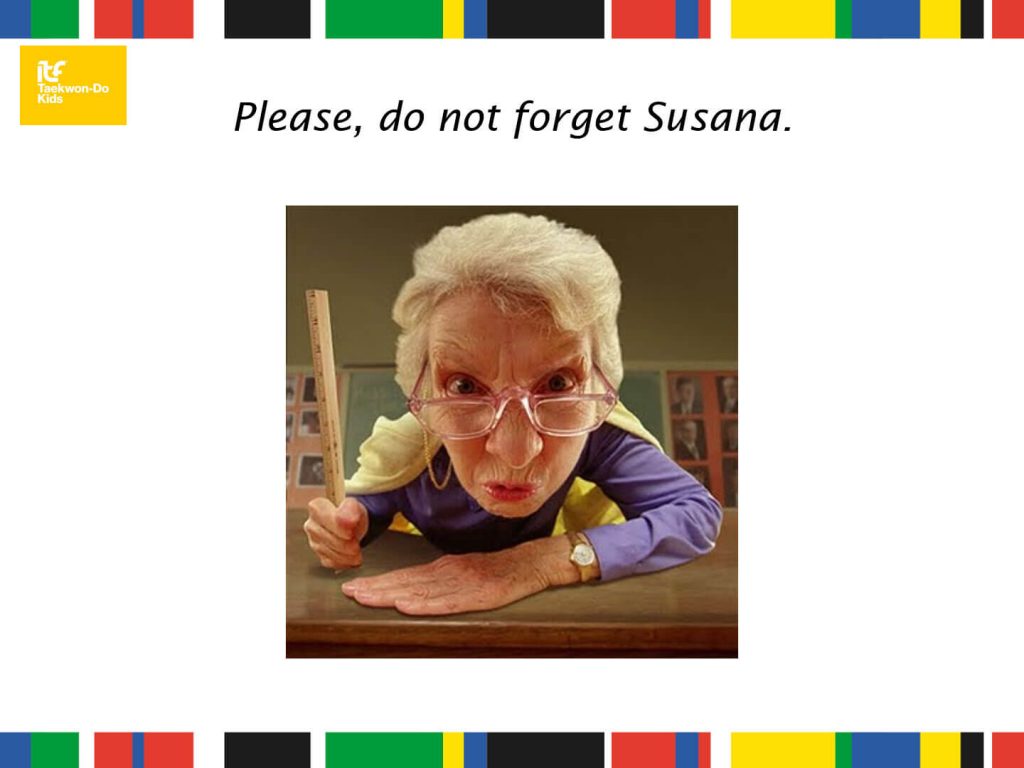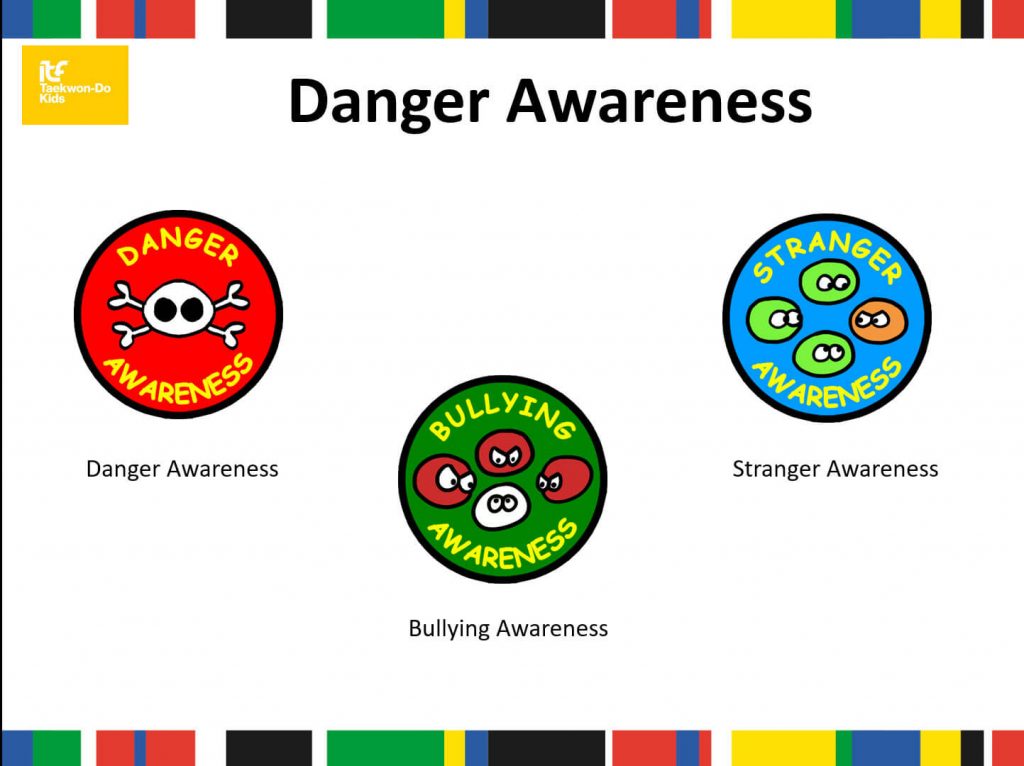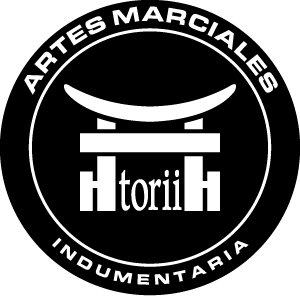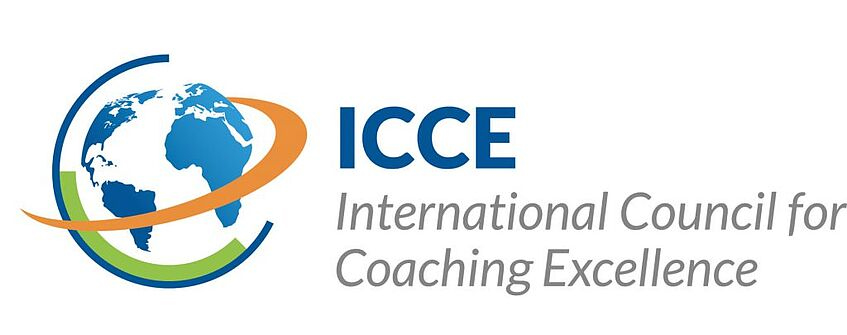Organized by the Children’s Development Committee attended by 240 participants from 39 countries, was held during last January 16th, 23rd and 30th.
According to the records, students, instructors, teachers and grandmasters from Argentina, Australia, Austria, Belgium, Brazil, Bulgaria, Canada, China, Croatia, Cyprus, Czech Republic, Denmark, England, France, Finland, Germany, Guatemala, Hong Kong, Hungary, India, Ireland, Italy, Luxembourg, Kyrgyzstan, Malaysia, Moldova, Netherlands, New Zealand, Norway, Poland, Romania, Scotland, Spain, Sri Lanka, Taiwan, Ukraine, USA, Wales and West Indies, participated in the course.
Members of the Board of Directors, all the chairmen of the standing committees and the Grand Masters were invited as guests.
In general terms, this first experience was divided into three modules of two hours each and was offered entirely in English.
The presentations
At the beginning of each segment, the chairman of the Children’s Development Committee, GM Donato Nardizzi, was responsible for welcoming, formally greeting the authorities, introducing the speaker and giving the floor to ITF President GM Paul Weiler.
For his part, the President highlighted the importance of training instructors through the different ITF programs, and underlined the work that the Kids Committee has been doing in developing teaching tools for children, who constitute the largest number of students around the world.
Module #1 was conducted by Master Ernesto Santaniello (Italy) who made a general description of the kids program and explained the curricular content and the particular grading system.
Later, using graphs, he analyzed topics related to health and physical fitness.
Finally, and with the assistance of infant students, he explained the “Principle of transformation” used in teaching, as well as sharing some warm-up games and for the development of coordination skills.
The next module was conducted by Master Fabián Izquierdo (Brazil), who dealt with the topic Management of classes.
To do this, he shared content provided by Neurosciences related to the knowledge of how the human brain learns, the use of humor and attention to emotions during the teaching-learning process.
On the other hand, he proposed activities to stimulate creativity and raised the subject of discipline, which would be developed more in depth in the next module.
The last day was led by GM Donato Nardizzi, who addressed issues related to attitudes in Taekwon-Do, communication, discipline and awareness of danger.
The subject matter focused on the correct use of language, humor and the processes involved in learning.
Professor, Dr. Janel Gauthier, president of the Do and Ethics Committee, made a special contribution during the presentation on the subject of Critical Thinking.
At the end, a few minutes were reserved to answer some of the questions from the participants and to thank everyone present, in particular GM Paul Weiler, the members of the Board of Directors, GM Marano, Sabum Leonardo Oros Duek and other distinguished Grandmasters and Masters and the committee chairs, for their constant support of the Committee’s work.
For his part, the collaboration of the Sabum Gustavo Livon, chairman of the Development and Communication Committee, who helped the speakers before and during each of the modules regarding the use of digital tools, was also appreciated.
Adding experience
Undoubtedly, the COVID-19 Pandemic and its impact on regular classes with physical presence in the dojang, has forced a general rethinking in the forms of communication, teaching and learning.
The new formats of courses and seminars offered by the ITF through its Committees through the use of digital platforms is a clear sign that it is in the process of providing answers in a new world scenario, and that process implies making mistakes, making corrections and a lot of work and learning.
The members of the Children’s Development Committee are aware that a webinar does not fulfill everyone’s expectations, but they also understand that it is a way to continue training and maintain fluid contact with children’s instructors around the world.
For this reason, each in turn, the speakers offered their apologies for any error or inconvenience that occurred during the exhibitions and, as a way of ensuring that the contents reach the participants, all the presentations offered were prepared in PDF format to be sent at the end of the seminar, along with study material and a list of games and activities.
By participating in this course in digital format, all attendees will receive an official certificate of participation via email.

